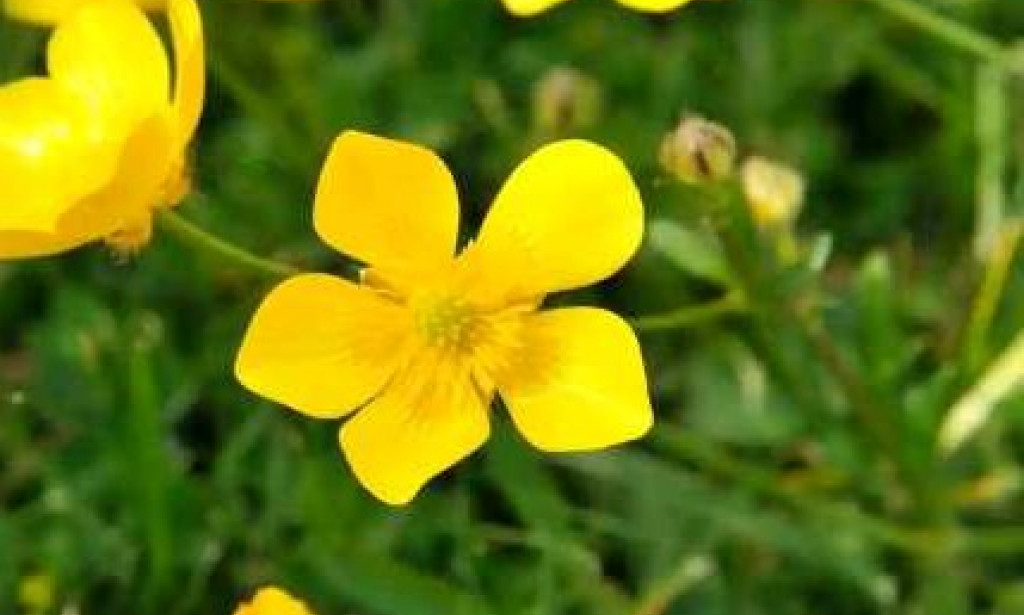People see plants as nature's blessing. The green fresh leaves, the smell of fresh grass, the medicinal properties of some plants, the delicious tastes and the small and giant trees that make you feel in touch with nature are some of the things that give people this idea. While they aren't wrong, this abundant blessing of nature could also be bad news.
When I say " bad news ", I am talking about the serious implications some plants could have on individuals, particularly farmers without them even knowing.
Today, I bring you a list of plants that do not seem to conform with nature in other to serve as useful elements to man. Rather, they could get you into some serious trouble.
Creeping buttercup

The fast-spreading plant is a weed of concern throughout many regions of the United States, especially in ditches and damp areas. Because it sends out long, strong runners, creeping buttercup is virtually impossible to eradicate once it has become established. This plant is toxic to grazing animals and causes blisters on humans. Currently, the creeping buttercup is banned in Boston and everywhere else in Massachusetts.
The aesthetic quality of the flower can be quite deceiving but falling for it would be a very wrong step.
Wild Sugarcane

Not to be confused with regular sugarcane, wild sugarcane is a sweet-tasting plant that grows spontaneously anywhere. Nonetheless, propagating wild sugarcane can get you in trouble with the plant police. Unlike commercially grown cane, wild sugarcane produces very little usable sugar.
Garlic mustard

Originally brought to the United States for use as a culinary herb, garlic mustard wreaks havoc everywhere it goes. Not only does the plant interfere with the reproduction of many American butterflies, it has an aggressive tendency to overtake native plants and become the dominant species.
Itch weed

Itchweed is an invasive species that thrives in a variety of conditions, especially where the ground has been disturbed. This large member of the grass family boasts blades that cause itching to anyone who has the misfortune to touch them. Itchweed is currently prohibited in numerous states, including Arkansas, Florida, Texas, Minnesota, and Vermont. You might not want to cultivate a plant with such an unappealing name, anyway.
With the following things you've read, I think it's best you do your research before planting random plants.



Very informative
You must be logged in to post a comment.